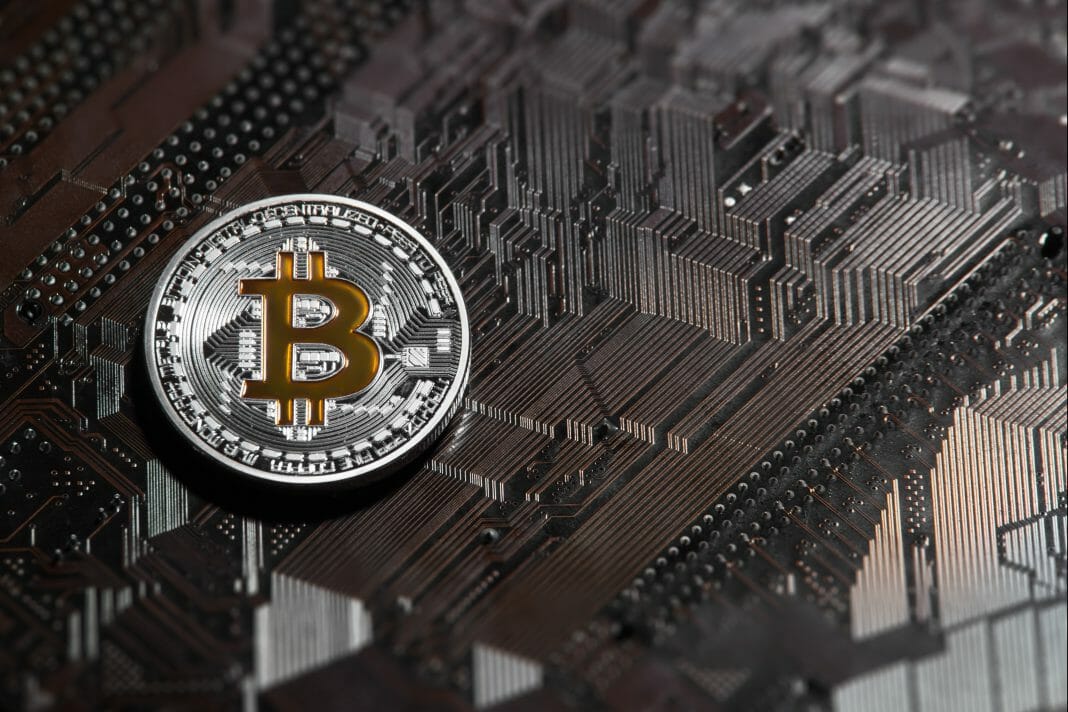Ordinals protocol’s popularity is growing.
Ordinals protocol’s popularity is growing again, which in turn exposes the vulnerability of the popular Bitcoin Nucleus wallet. Meanwhile, the costs of transacting on the BTC network are also increasing.
As a result, the so-called Ordinals’ “issue” once again divided the first cryptocurrency community into two camps, and representatives of one of them also want to put an end to this protocol.
Bitcoin Ordinals and the Fee Problem
There are currently 46.3 million NFTs based on the Ordinals protocol. The peak of creation of new “tokens” occurred on November 11: then 505,000 were created in the Bitcoin network, second result 482,000. New NFTs were registered last week, December 3, 2023.
NFTs and so-called BRC-20 tokens on the Bitcoin network drive an increase in user activity on the blockchain, which in turn causes its overload and an increase in transaction fees.
Yesterday, the average was the equivalent of $19.48, which is too much for regular interaction with this blockchain. As high fees disrupt the normal use of the Bitcoin network to transfer value, some BTC developers are calling for censorship of NFT transactions.
What is happening with the Bitcoin Network?
The “issue” was reported on Twitter by Bitcoin Core developer Luke Dash Jr:
“Commons are exploiting a vulnerability in Bitcoin Core to spam the blockchain. Since 2013, Bitcoin Core has allowed users to set a limit on the size of additional data in transactions they upload or withdraw. By masking its data as programming code, Ordinals avoids this limitation.”
This is not the first time Luke Dash has spoken out against the popularization of Ordinals-based NFTs and called them spam. In May 2023, he proposed banning these types of transactions. This trend then caused a significant increase in commissions. Basically, the idea was to censor certain transfers due to the developers’ personal opinions.
There are currently over 270,000 unconfirmed transactions in the mempool. This refers to transfers that users have sent to the network, but have not yet received confirmation. It should be remembered that the Bitcoin network is only capable of carrying out between 6 and 7 transactions per second, so resolving the congestion situation will take some time.
Jason Fung, partner and co-founder of Sora Ventures, disagrees with Dash Jr.’s beliefs. The expert recalls the economic interest of Bitcoin miners in the popularization of NFTs. However, they attract new users to the BTC blockchain, which overloads it and causes fees to increase. Commissions affect the profitability of miners, so they may not agree with the prospect of censoring Ordinals transactions.
Bitcoin: This Group Is Ready to Block Ordinals
Some mining platforms are ready to block transactions of users who interact with the Ordinals protocol. In this case, pool creators treat Ordinals-based NFTs as spam. What they don’t tell their miners is that blocking Ordinals-related transactions will make them less money, while the transactions themselves will continue to pass (although theoretically more slowly) thanks to the presence of other pools.
In May 2023, when Ordinals first became popular in the industry, Binance was even forced to suspend BTC withdrawals for some time. The reason for this decision was the accumulation of more than 400,000 unconfirmed transactions in the mempool.
By Audy Castaneda











